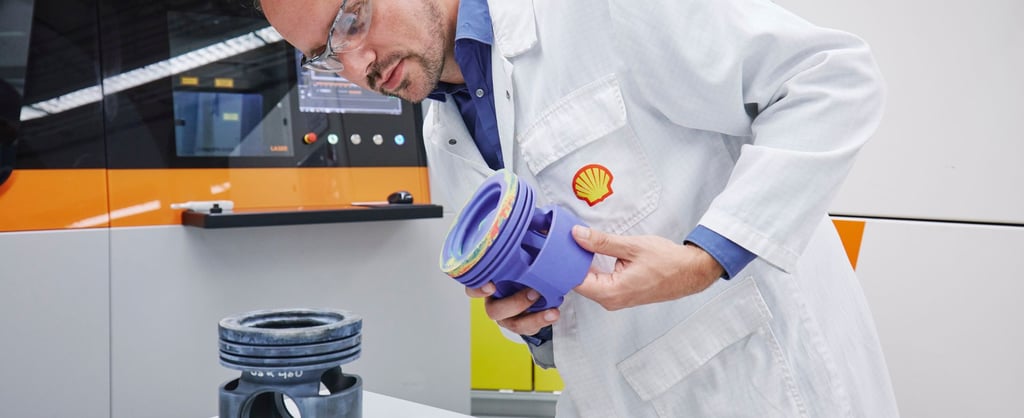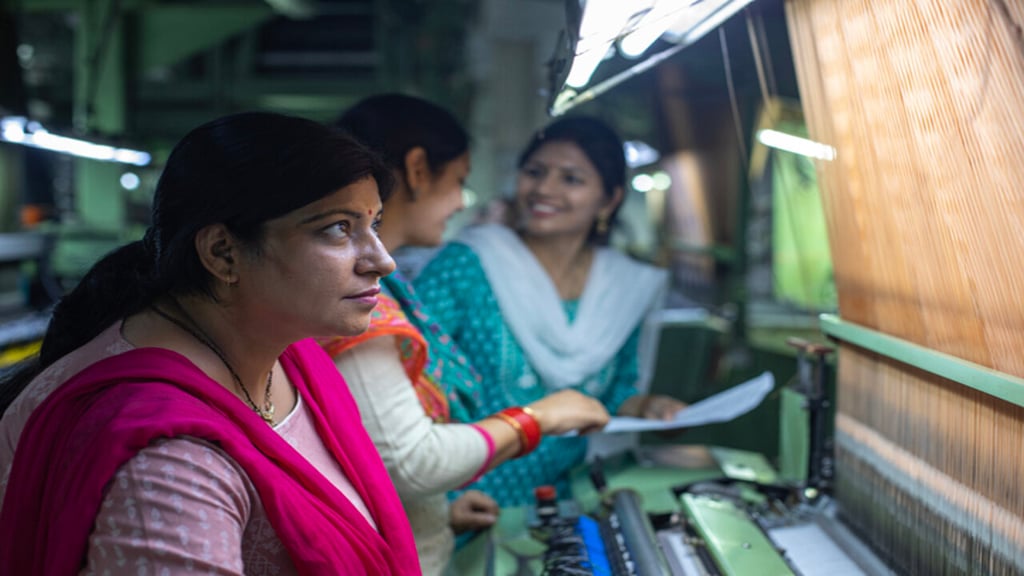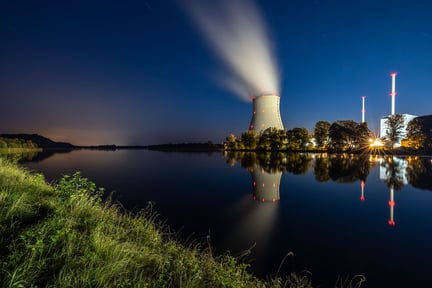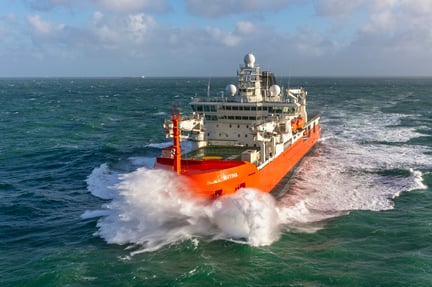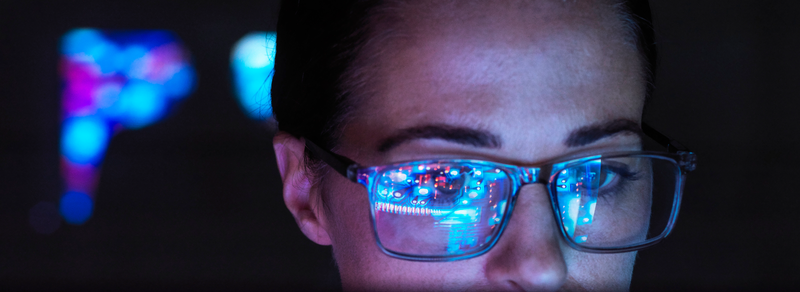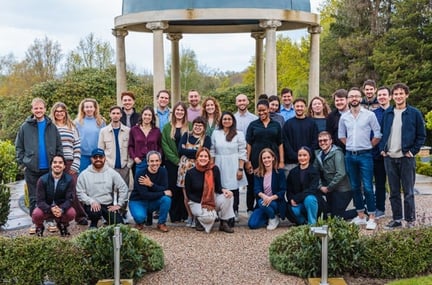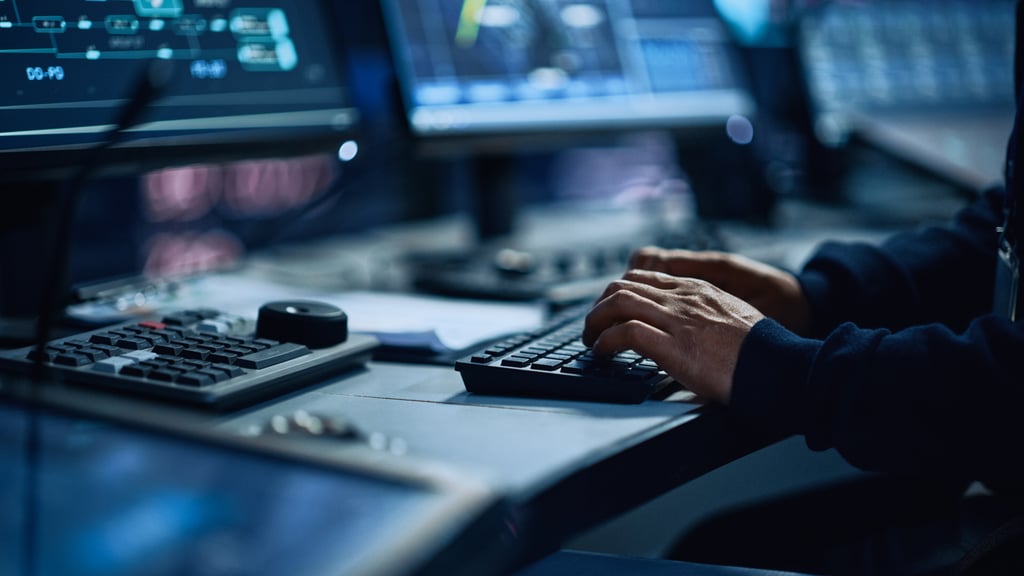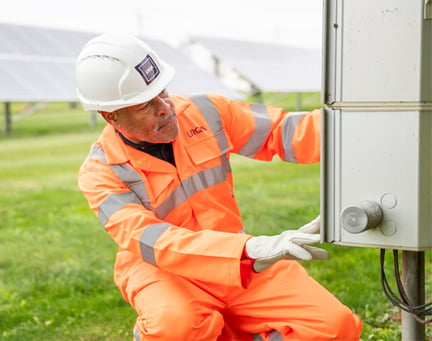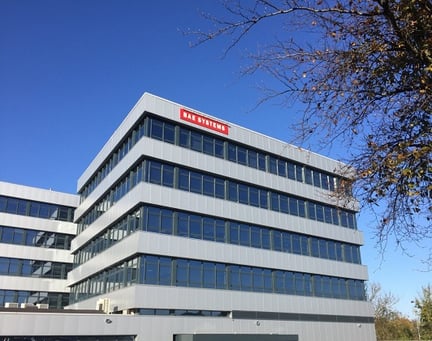Customer challenge
Additive manufacturing is a transformative technology, with the potential to reduce costs and delivery lead-times, accelerate the circular economy, cut waste, and lower the carbon impact of supply chains. LRQA’s recent work with Shell demonstrates how innovation in assurance is enabling innovation in additive manufacturing, by developing ground-breaking new international standards for certification in safety-critical applications of this technology.
The opportunity
Additive manufacturing is becoming an established manufacturing technique that has been widely applied in non-safety critical areas with significant benefits.
In safety-critical applications, however, regulation and legislation have struggled to keep up with the pace of change and, without accepted global standards in place, the use of additive manufactured equipment is generally not permitted.
Innovation in certification and assurance can play a vital role in building trust and confidence in additive manufactured products and grow the use of the technology in more safety-critical applications. Nowhere is this more the case than in the energy sector.
How we helped
Our focus
Resolving issues around additive manufacturing requires cooperation across the whole supply chain; from end users and assurance providers to specialised printshops and original equipment manufacturers.
To gather the research data required to improve trust in additive manufacturing, Shell worked with LRQA to obtain ‘CE certification’ (a requirement for EU products) for a pressure vessel - becoming the first company in Europe to have obtained CE certification from a third-party authority for a part additive manufactured in-house. LRQA certified the vessel in accordance with the European Pressure Equipment Directive (PED).
This significant milestone has established a path for anyone to certify additively manufactured pressure equipment under the PED and demonstrates how certification opens up the possibility of scaling up the use of additive manufacturing for critical equipment.
With nearly 60 different international certification standards currently being created to ensure they are relevant and applicable to additive manufacturing process and products, the drive is on to expand the use of additive manufacturing globally.
Powerful results
The future
Additive manufacturing can reduce the cost, delivery time, and carbon footprint of spare parts. Certification will allow for the manufacture of production-critical parts in 75% less time than using conventional manufacturing methods.
Shell’s intention is to develop a digital warehouse which stocks all the information required to print safety-critical components whenever they are needed - in partnership with certifiers, original equipment manufacturers, and local partners. A digital warehouse will help reduce the need for purchasing, holding and maintaining a large inventory of spare parts, which in turn reduces cost and waste. Furthermore, printing close to the destination asset reduces the emissions associated with transportation. It also helps create shorter and more effective supply chains supported by high-skilled local capabilities.
This approach has already delivered substantial savings in Shell’s offshore Nigeria operations, where the team repaired a small component within a large piece of equipment for which replacement parts are no longer produced. Rather than replace the whole assembly – a 16-week task – a replacement was produced in just two weeks, reducing the maintenance cost by 90%.
Without additive manufacturing, production would have had to shut down while the entire piece of equipment was replaced. It also negated the need for costly, complex and perilous heavy lifting at sea.
